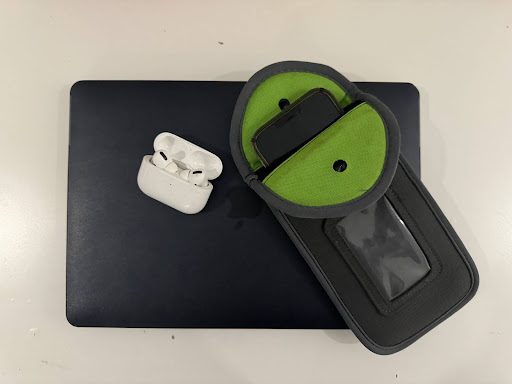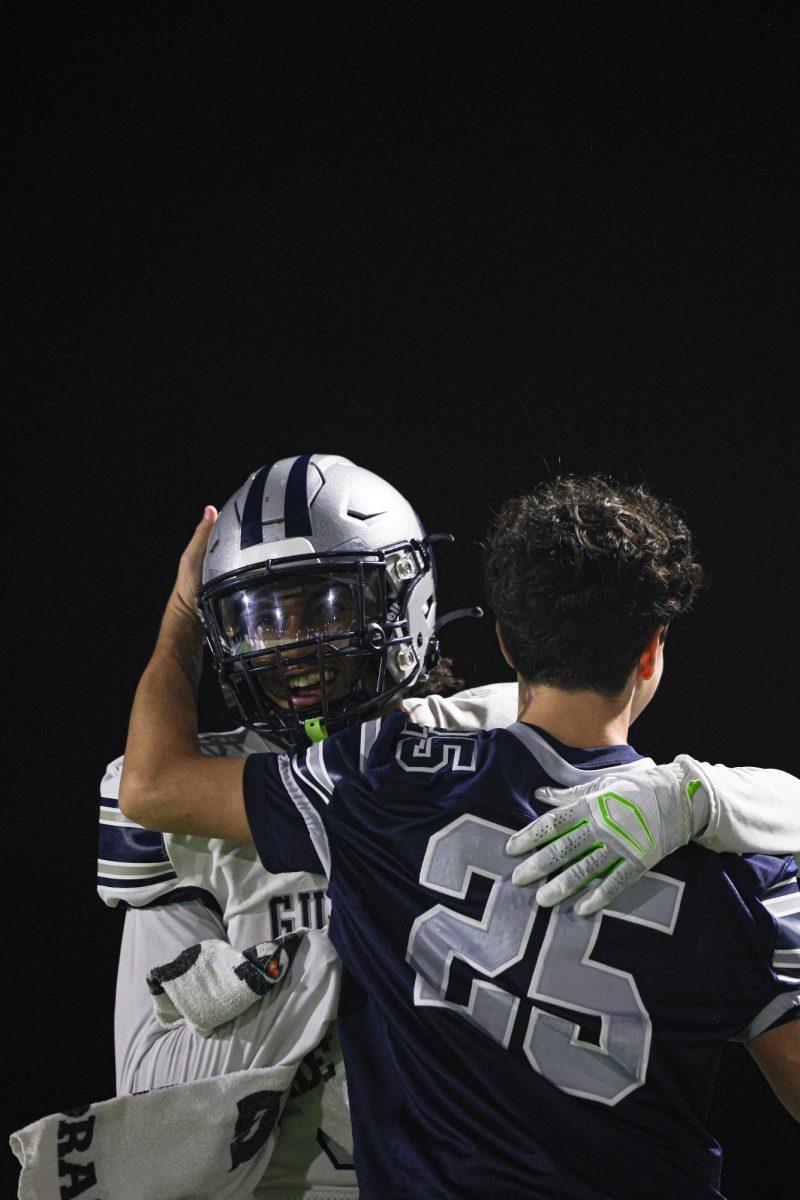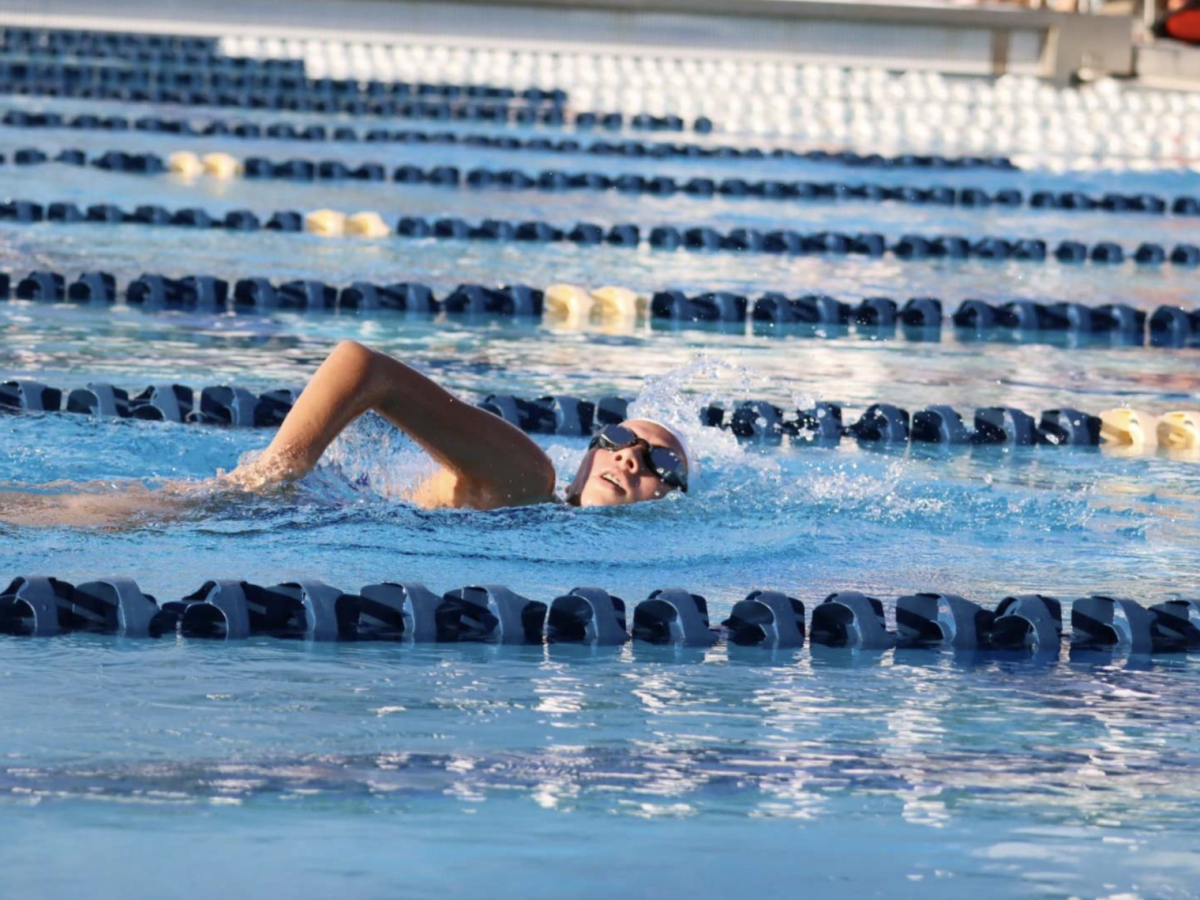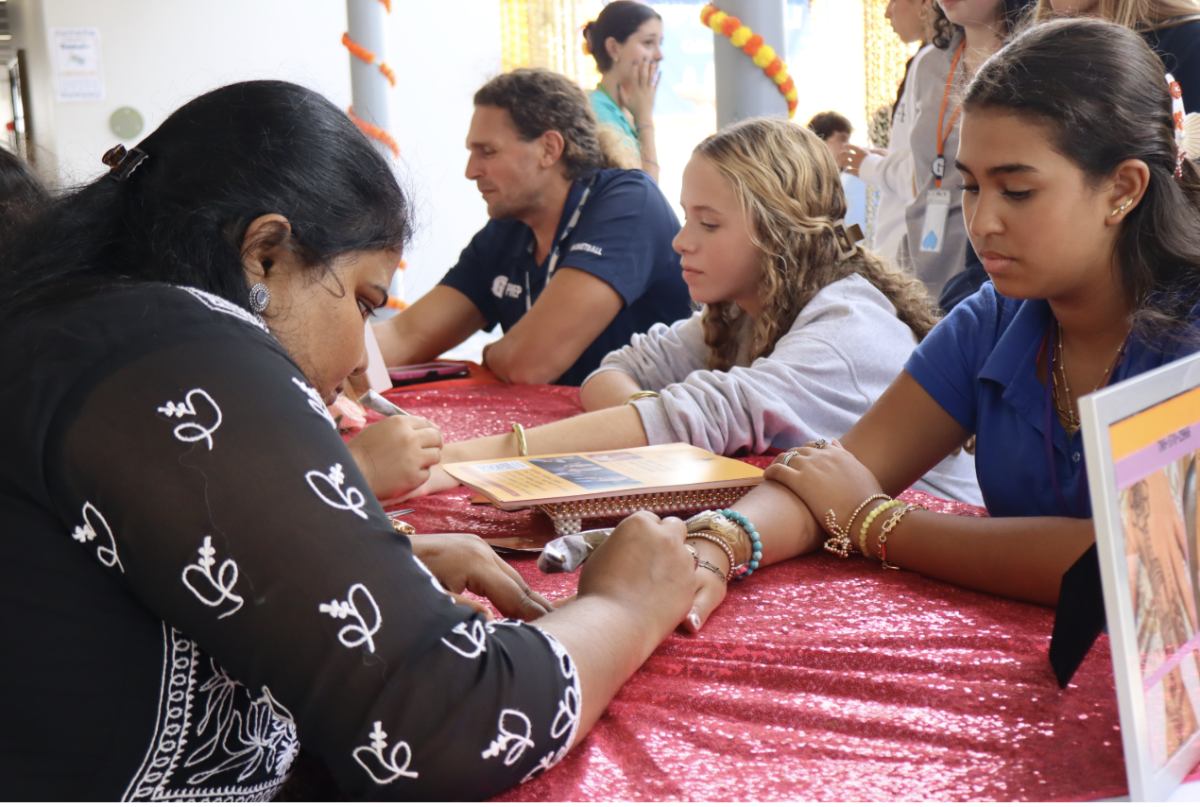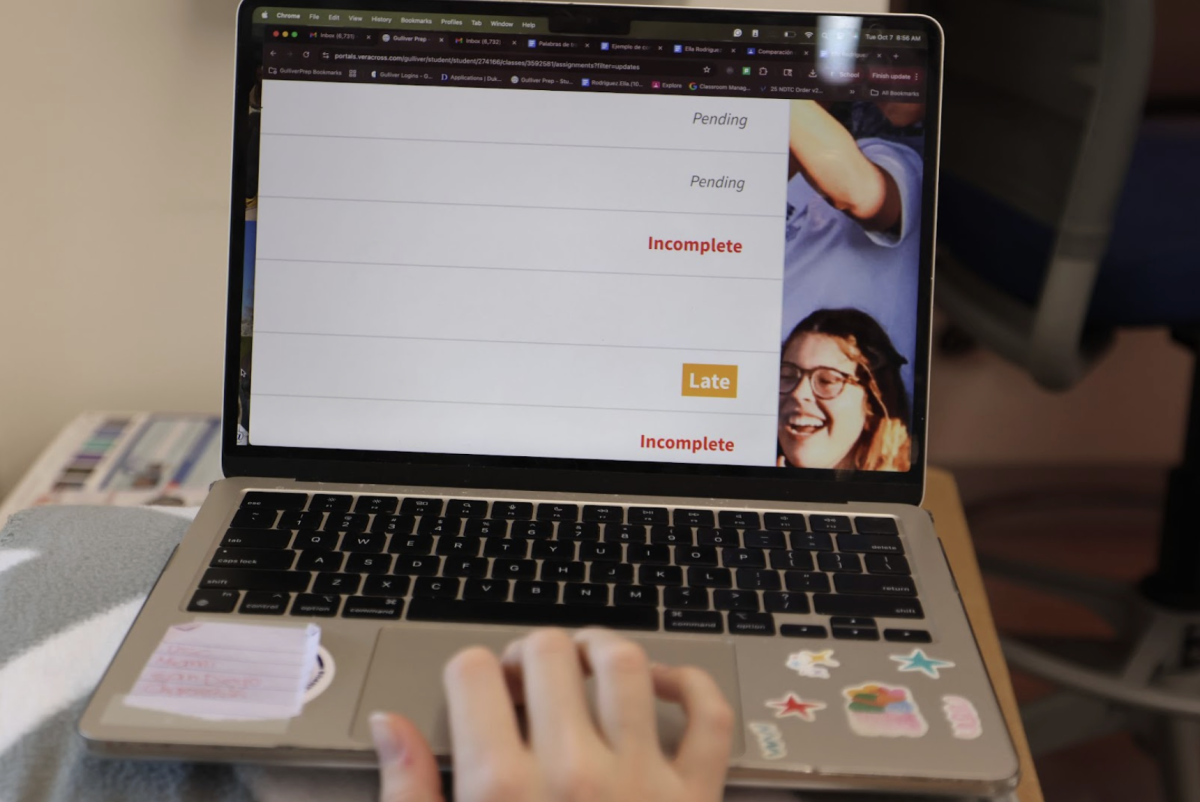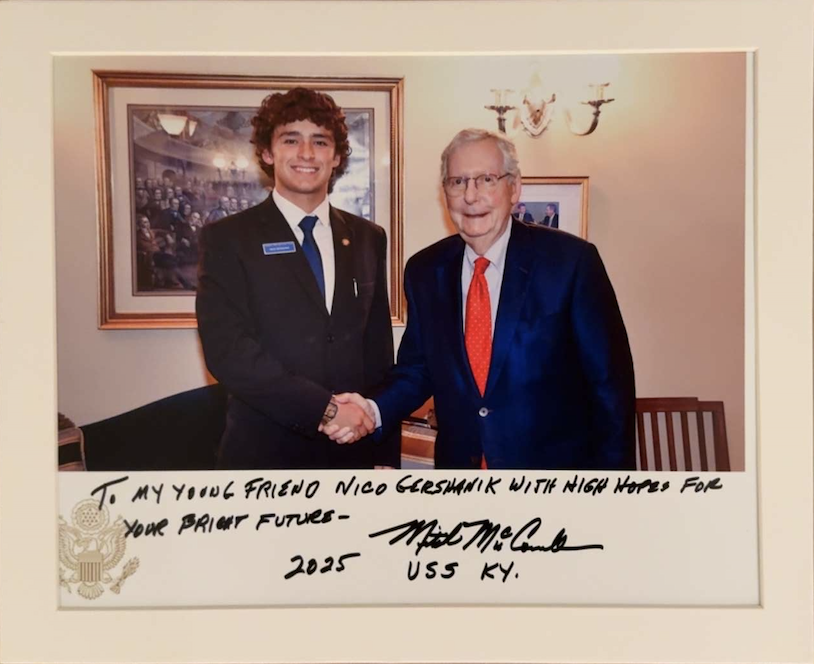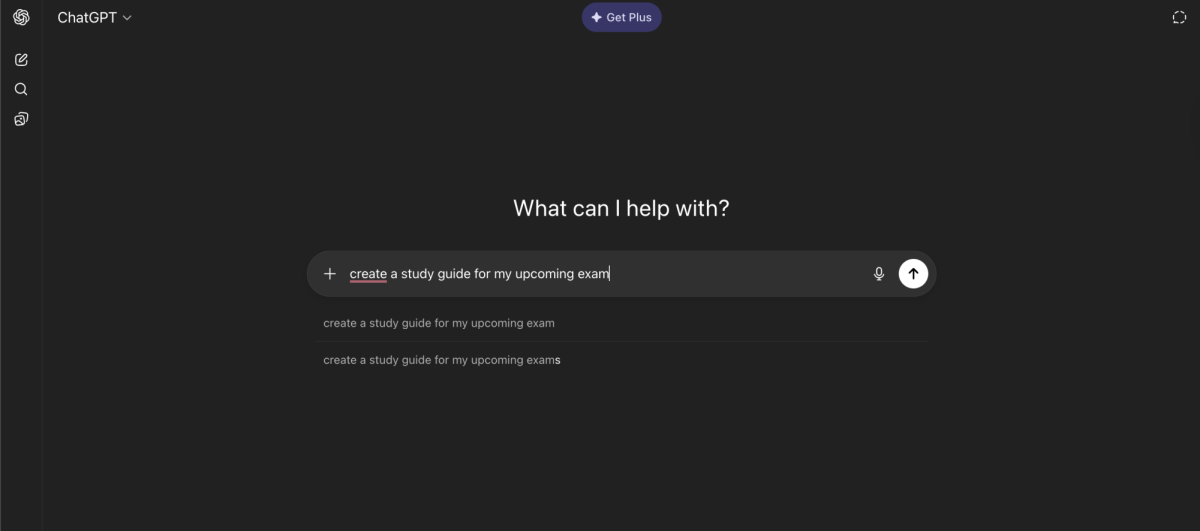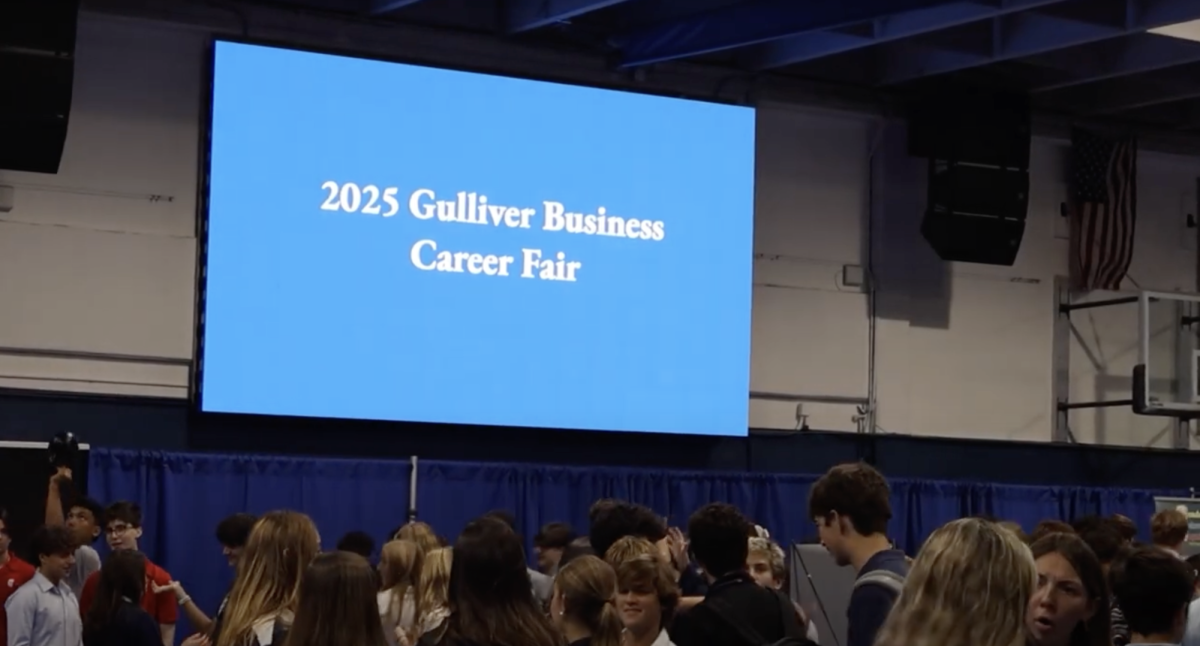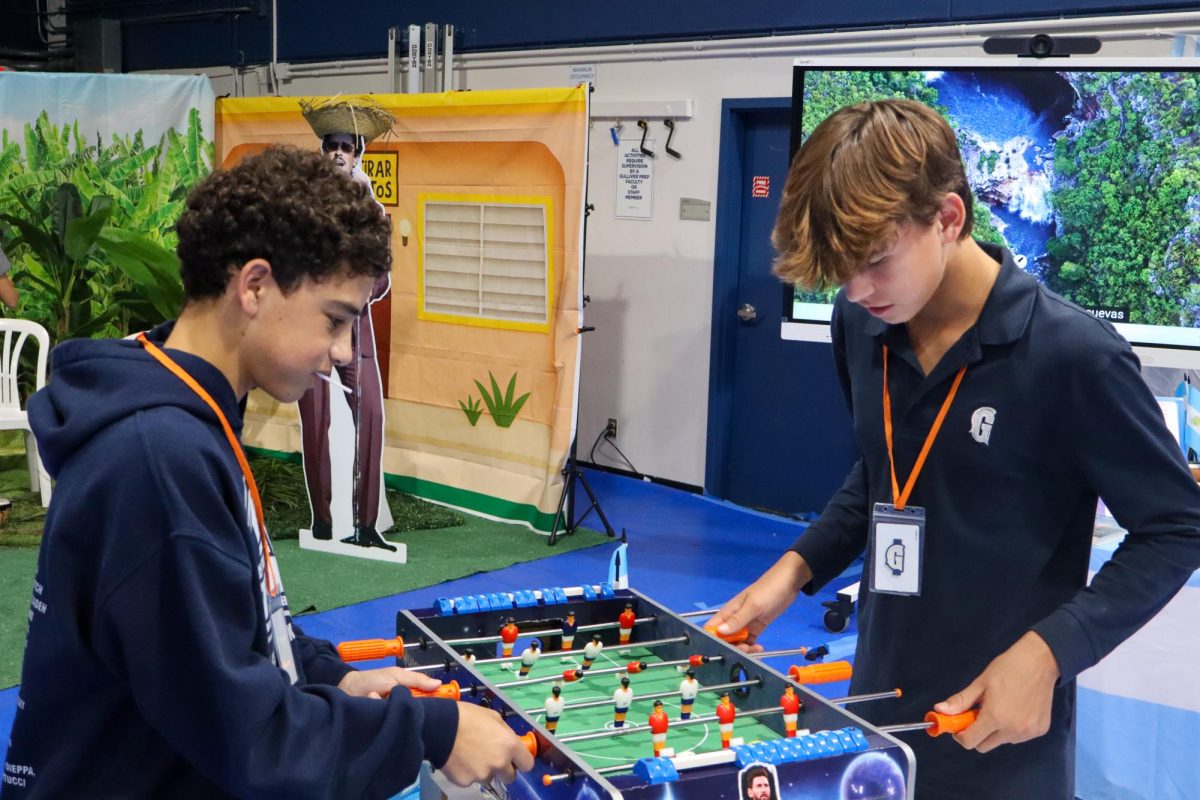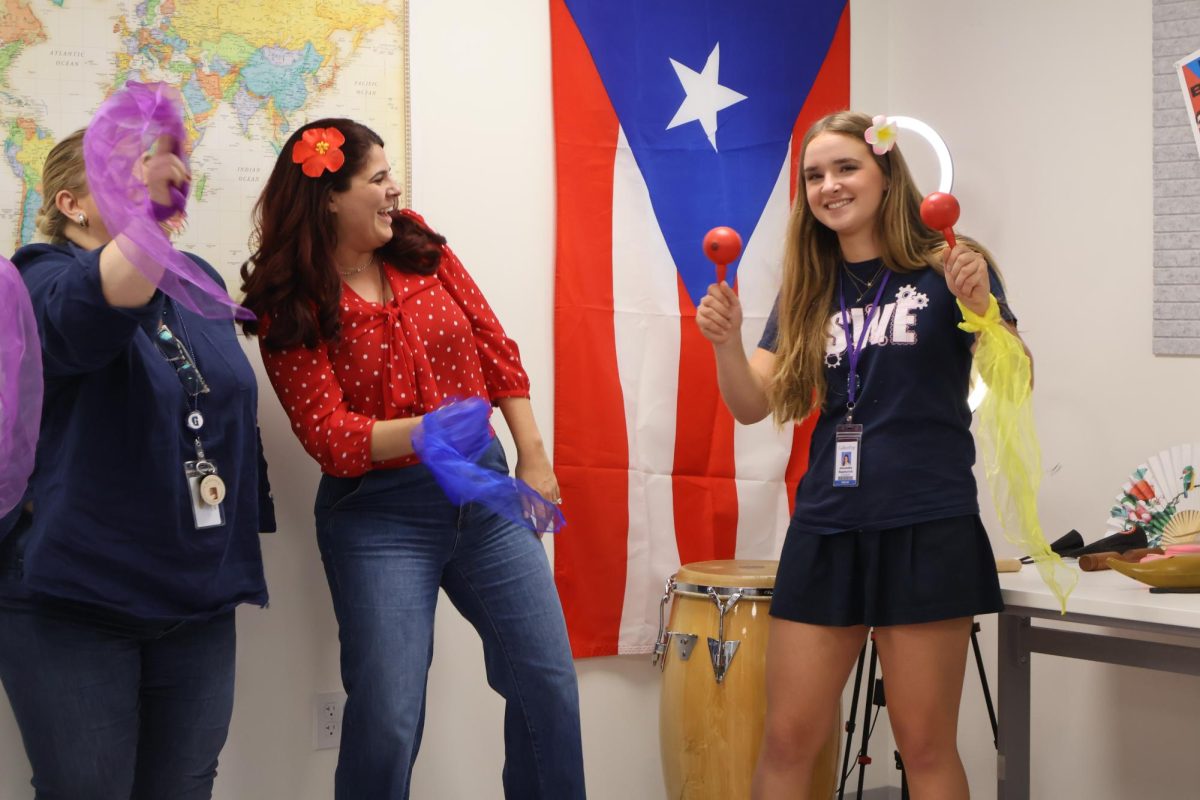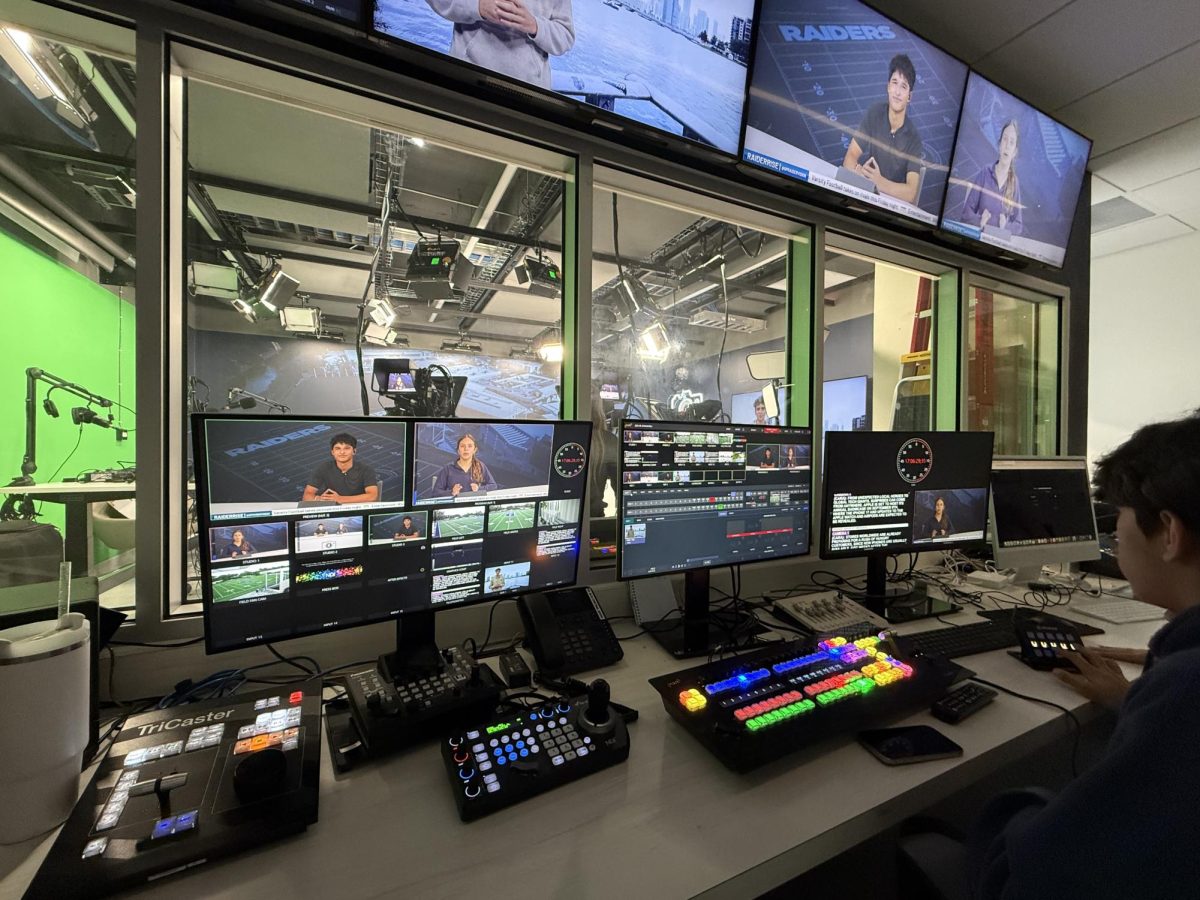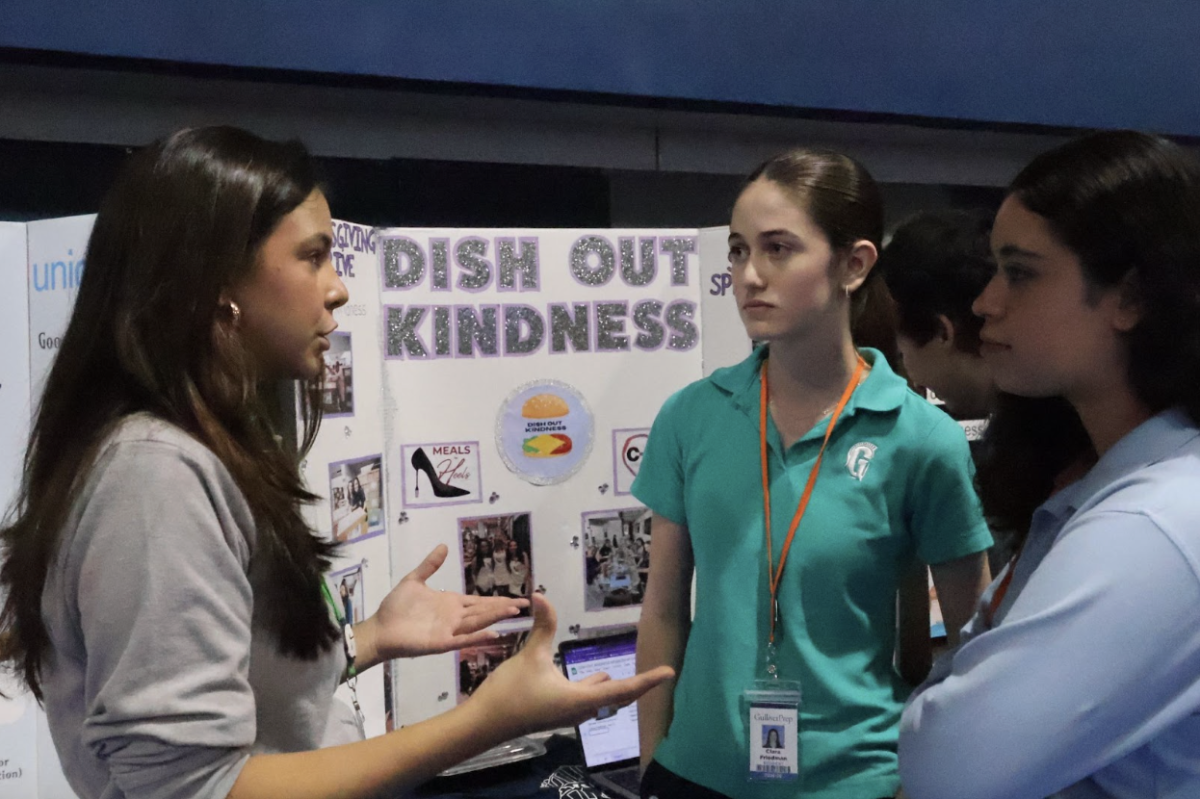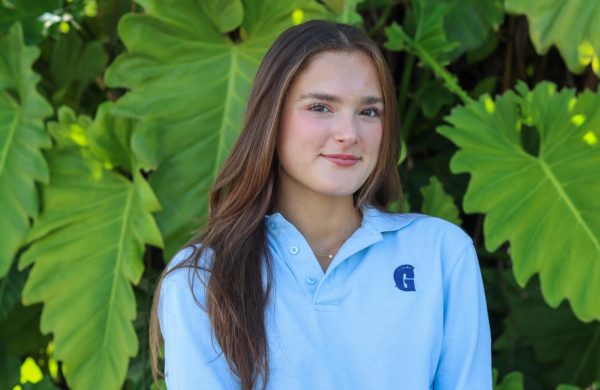As students become accustomed to the no-phone policy and Yondr pouches, plans are in the works to implement new pouches with advanced signal-blocking technology.┬Ā
ŌĆ£The plan was always to have a signal-blocking pouch; however, Yondr was delayed in its production,ŌĆØ Dean of Students Tyronne Sandaal said.┬Ā
According to Sandaal, Yondr has agreed to compensate for their delayed production by providing the upgraded pouches at no additional cost. Sandaal stresses that the current pouches were placeholders for the more advanced model.┬Ā
The main difference between the current Yondr Pouches and the upcoming version is that the advanced model blocks signals to a higher degree, eliminating the use of hotspots, voice detectors, and studentŌĆÖs ability to connect to Bluetooth on their phones.┬Ā
ŌĆ£The goal is to eliminate the number of distractions available to kids, which includes workarounds like connecting to personal networks to access social media,ŌĆØ Sandaal said.
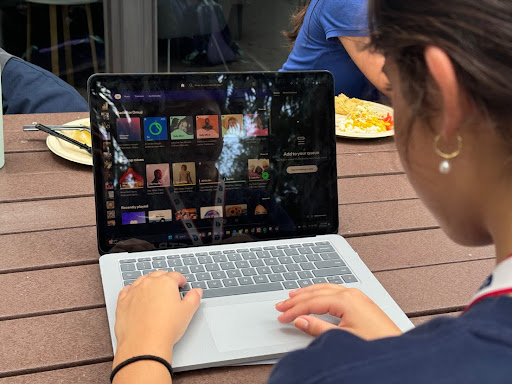
Many students find the notion that students utilize personal networks to access social media to be an overgeneralization.┬Ā
ŌĆ£Students usually donŌĆÖt tend to go on social media because we are so busy anyway,ŌĆØ senior Gina Copetti said.
Copetti feels that efforts to block additional signals may threaten studentsŌĆÖ productivity.┬Ā
ŌĆ£I rely heavily on my hotspot because the unpredictability of the school Wi-Fi jeopardizes my ability to do work,ŌĆØ senior Copetti said.
Copetti stressed that she does not see a problem connecting to personal networks because students can do so without using their phones or taking them out of their pouches. While Copetti said that she understands the benefit of Yondr pouches, she feels that the upgraded technology is unnecessary as it does not consider the different needs of each student.┬Ā
ŌĆ£While I understand that the administration is trying to help us stay focused, I think they should have put more thought into why students use their hotspots so often,ŌĆØ Copetti said.
According to the EDGE Program and Assistant Dean of Students Sarah Philips, inefficient Wi-Fi is a larger issue for the school and unrelated to implementing new pouches. Further, Phillips explained that since the implementation of the no-phone policy, overall academic performance has improved, and disciplinary issues have decreased.┬Ā
ŌĆ£Kids still hide their AirPods to stream music in class, and while I think student engagement and interaction has gone up,ŌĆÖ Phillips said. ŌĆ£Students must understand that they control the situation by understanding time and place. There are times when you can listen to music and class, which I am 100% supportive of.ŌĆØ
Phillips said that the administration and faculty will likely meet to discuss the benefits and drawbacks of Yondr pouches and prepare for the next steps. Despite circulating concerns, some students are not too worried about the potential effects of upgraded pouches.┬Ā
ŌĆ£On a scale from one to ten, my concerns about the new Yondr pouches fall to two,ŌĆØ senior Ashley Garcia said.┬Ā
Garcia feels the issue will not heavily impact her as she will continue listening to music on her computer. Regarding other aspects of signal-blocking technology, Garcia said they do not apply to her.
ŌĆ£I am not aware of how to make phone calls or send messages through my phone when it is inside Yondr, so I don’t understand where those concerns come from,ŌĆØ Garcia said.
As of yet, there is no set date as to when the new pouches will arrive.
ŌĆ£We are not up to date on Yondr’s production schedule, but the change will be made as soon as we receive the new pouches,ŌĆØ Sandaal said.┬Ā

